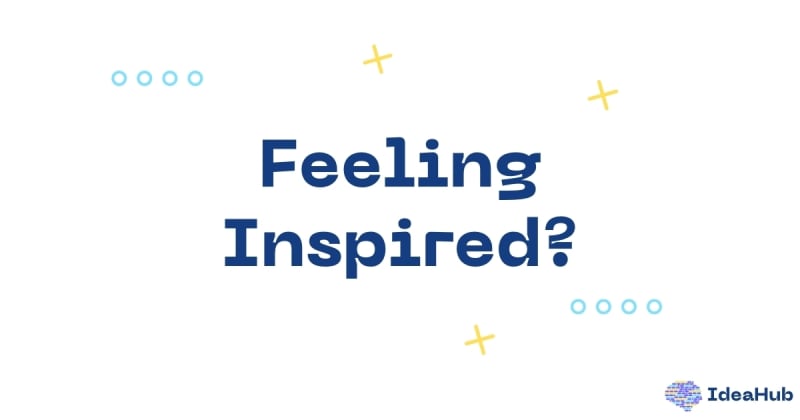Charlie here 👋
This week I re-read Zero To One by Peter Thiel - the billionaire co-founder of PayPal and Palantir Technologies.
Today I’m sharing with you 7 questions that Peter thinks every founder must answer about their business.
Use this framework to continually validate your vision for your SaaS and you’ll keep yourself on the straight and narrow.
(Reading time: 5 mins.)
Let’s jump in… 👇
Join 500+ tech peeps learning to start and grow SaaS products every week for free on IdeaHub.
1. The Engineering Question
Can you create breakthrough technology instead of incremental improvements?
Think of it like this:
If your product currently saves a user $100 or 10 hours a month, find ways to deliver 10X that. Not 2X.
To stand out these days you have to be an order of magnitude better than the next guy.
It’s not enough to copy an existing product and charge $10/month less.
How long can that last? How long can you keep up?
The message is clear: always be doing something fresh and innovative.
2. The Timing Question
Is now the right time to start your particular business?
If your landing page even remotely contains the letters A and I, then pass GO and collect $200 in MRR…
For the rest of us, pay attention to what’s happening in your solution space right now.
As a solo founder, it’s unlikely you’ll be too early, but you could be too late.
If googling “alternatives to [X]” returns a smorgasbord of competitive sponsorship, you’re probably too late:
3. The Monopoly Question
Are you starting with a big share of a small market?
If your plan is to go head-to-head with Canva, Shopify or any other massively successful SaaS then I wish you luck but it’s going to be very tough indeed.
Instead, focus on starting small and monopolising a niche.
Build a reputation that you can later leverage when branching into new customer segments.
Last week I wrote all about how to do this effectively by niching down.
4. The People Question
Do you have the right team?
The fantastic thing about this era of SaaS is that small teams are more empowered than they ever have been.
Anyone can build an MVP, launch a product and start collecting payments within a couple of months.
But that doesn’t mean you have to do it on your own.
If you can find like-minded, driven people who excel at something you don’t then you should embrace them.
But at heart, you should all be technologists driven by solving problems:
“[a suit] was a real red flag, because real technologists wear T-shirts and jeans.” - Peter Thiel, Zero To One
5. The Distribution Question
Do you have a way to not just create, but deliver your product?
A “build it and they will come” mentality is just not enough.
You need a clear strategy for finding customers.
It’s okay to still be figuring this out, it’s massively experimental.
But it doesn’t have to mean paid ads.
There’s plenty of organic traffic out there, you just have to find it and position your product effectively.
A few things to try:
Repurpose your blog posts
Dev.to, HackerNews and IndieHackers are obvious places to start in the tech sphere.Experiment with Reddit
Gummysearch is a great tool for researching subreddits where your customers might be hanging out.
6. The Durability Question
Will your market position be defensible 10 and 20 years into the future?
Building something just to ride a wave is basically gambling.
You might as well take that money you’re gonna spend on AWS and put it all on red.
This was recently abundantly clear with the LK-99 superconductor craze.
I think we can all agree it’s more difficult than ever to stay focused on our mission without getting distracted by hype.
But those that do are uniquely rewarded for perseverance:
7. The Secret Question
Have you identified a unique opportunity that others don’t see?
Yes, it’s much easier to start a SaaS now than 10 years ago, but that also means more competition.
The best marketing strategy cannot stop customers from churning if your product doesn’t do something that few others have thought of.
Consider what unique knowledge you have that sets you apart from those who are positioned against you.
Share the ideas, but keep the details to yourself…
Join 500+ tech peeps learning to start and grow SaaS products every week for free on IdeaHub.






Top comments (0)